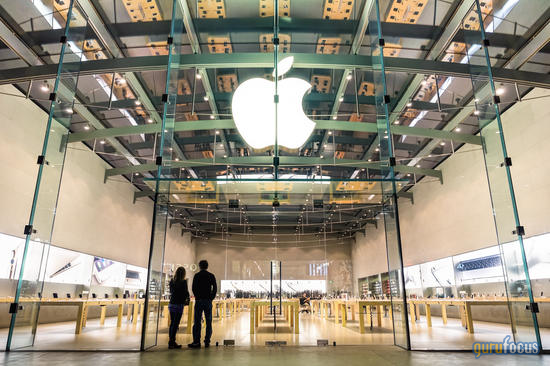Apple CEO Tim Cook’s recent meeting with Jin Zhuanglong, the Minister of Industry and Information Technology in China, has reiterated the tech giant’s commitment to investment in the Chinese market. According to a statement shared via government WeChat, Cook expressed Apple’s intention to bolster its presence and investment in China, emphasizing the company’s role in supporting and advancing the growth of the Chinese supply chain. This dialogue comes at a time of heightened scrutiny concerning foreign investment in China, as the nation strives to remain an attractive destination for international capital amid economic challenges and global uncertainties.
During the meeting, Cook acknowledged the recommendations made by Minister Jin, particularly regarding the necessity for Apple to strengthen its footprint in vital sectors such as cloud services and secure data management. Jin’s emphasis on innovation suggests that Apple needs to focus on developing new technologies and products tailored to the local market. The context of this engagement underscores China’s efforts to stabilize its economic environment by encouraging foreign companies to invest, especially as the country navigates through shifting economic conditions and increasing competition from domestic enterprises.
Despite these challenges, Apple has reported significant sales growth, particularly for its iPhone models, which saw a remarkable 20% increase in sales during the first three weeks of the year compared to the previous year. This performance highlights Apple’s sustained relevance and dominance in the competitive Chinese smartphone market, even as foreign investments in the country have reached concerning lows. According to data from Counterpoint Research, this surge in iPhone sales stands in stark contrast to the broader trend of foreign investors withdrawing capital from China due to growing economic uncertainties.
Amidst these encouraging sales figures, Tim Cook revealed that Apple is also focusing on introducing artificial intelligence (AI) services to its Chinese customers. However, this effort faces potential roadblocks, as the launch of such services is contingent on receiving the necessary government approvals. The complexities surrounding this initiative are compounded by Chinese regulations that require formal clearance for generative AI services, making it challenging for international firms to navigate the regulatory landscape while attempting to offer innovative solutions.
Moreover, Cook mentioned that Apple recently signed a contract with OpenAI to integrate the ChatGPT technology into its latest devices, yet the company is still in search of a domestic partner to facilitate the AI services in the Chinese market. This need for a local partnership reflects the overarching theme of foreign companies seeking collaborations within China to address favorable regulatory conditions while cultivating local trust and relevance. The challenges posed by current regulations not only impact Apple but also serve as a broader reminder of the complexities that foreign entities face in the dynamic Chinese market.
In conclusion, Cook’s reaffirmation of Apple’s commitment to investing in China and his discussions with Minister Jin highlight the strategic importance of the Chinese market for multinational corporations. While Apple continues to report strong sales and explore AI service expansions, it must navigate a complex regulatory landscape and collaborate with local partners to maintain its competitive edge. The meeting reflects a critical intersection of global business strategies, local market adaptations, and governmental regulations, underscoring the ongoing dialogue between international enterprises and the Chinese authorities. As the economic climate evolves, both Apple and the Chinese government will need to explore pathways to foster innovation, drive investment, and adapt to changing market dynamics.

